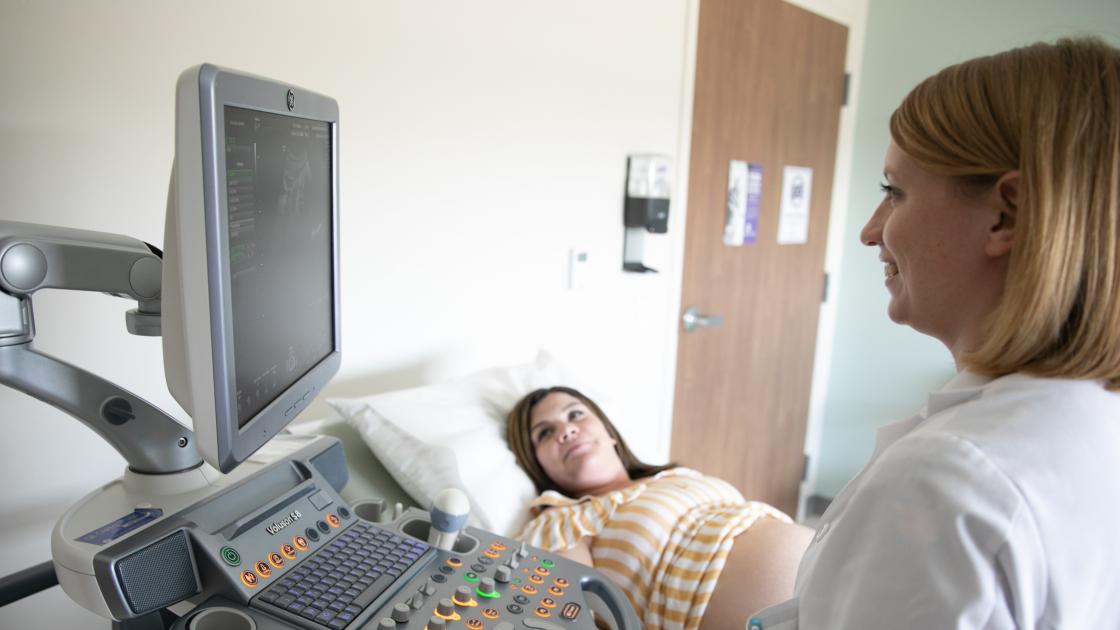
Obstetrics & Gynecology Education
Program accreditation
The residency curriculum is based on the objectives published by the Council for Residency Education in Obstetrics and Gynecology(CREOG). The program is fully accredited by the Accreditation Council for Graduate Medical Education (ACGME). Successful residency completion leads to board eligibility by the American Board of Obstetrics and Gynecology (ABOG).
Our program prepares residents to provide women’s health care in community settings. Specifically, residents are trained to
• Provide comprehensive well-woman care and management of gynecologic disorders with a focus on patient safety
• Deliver high-quality obstetrical care with attention to high-risk populations
• Provide state-of-the-art gynecologic surgical care while recognizing when subspecialty care is needed
• Pursue lifelong learning and effectively educate patients, students and fellow residents
• Understand how medical research informs clinical practice and critically appraise current research as it relates to their work
• Enter clinical practice as competent OB-GYNs with the skills to continuously evaluate quality-driven care
• Prioritize the wellness of themselves, their patients and their colleagues
Expertise and program structure
The obstetrics and gynecology residency program combines the strong didactic teaching of the School of Medicine with the abundant clinical procedures of the affiliated community hospitals, Springfield Memorial Hospital, St. John's Hospital, offering a unique experience to residents. The breadth and depth of the faculty allow all aspects of the training program, to be taught by departmental faculty. Formal, weekly conferences are conducted by the residents and faculty. The abundance of clinical material provides ample opportunity for the development of superior technical skills.
The four-year program trains 16 residents. Training covers primary, specialty and subspecialty care. The first year emphasizes general obstetrics, gynecology and primary care. From the second through fourth years, residents rotate through subspecialty divisions and take active roles in teaching and supervising junior residents and medical students. Continuity clinics simulate private practice settings, helping residents apply skills in both primary and specialty care.
Research is a core component of the program. Third- and fourth-year residents present discovery, translational or clinical research under the guidance of a faculty mentor. Residents also engage in quality improvement and patient safety initiatives at SIU and partner hospitals.
We are located in Springfield, Illinois. Our Department Chairman is J. Ricardo Loret de Mola, MD. Our Residency Program Director is Erica Nelson, MD and our Associate Program Director is Katherine Hild-Mosley, MD.
